'Many parents with autistic and slow-developing children beg the school to accept their children, but we don't know what to do because there are no teachers.'
The female deputy director of a center supporting the development of inclusive education in Ho Chi Minh City shared this and said that in 2024, the center had many teachers quit their jobs.
OLD TEACHERS ASKED TO TRANSFER, NEW PEOPLE ARE DIFFICULT TO RECRUIT
This deputy director also said that before applying Joint Circular 58 of the Ministry of Education and Training and the Ministry of Labor, Invalids and Social Affairs in managing inclusive education development centers (referred to as centers), the center always had a surplus of teachers. Since applying Circular 20/2022/TT-BGDDT (Circular 20) on the Regulations on organization and operation of the Center to support inclusive education development of the Ministry of Education and Training (effective from February 20, 2023), the center has fallen into a situation of teacher shortage and difficulty in recruiting teachers.
"A class has a maximum of 12 students, from 1 to 3 teachers or support staff, the staff must be a bachelor of psychology or social work with a special education certificate. But because we cannot recruit enough teachers, we cannot accept more students. Many parents with autistic or slow-developing children beg the school to accept their children, but we don't know what to do," she shared.
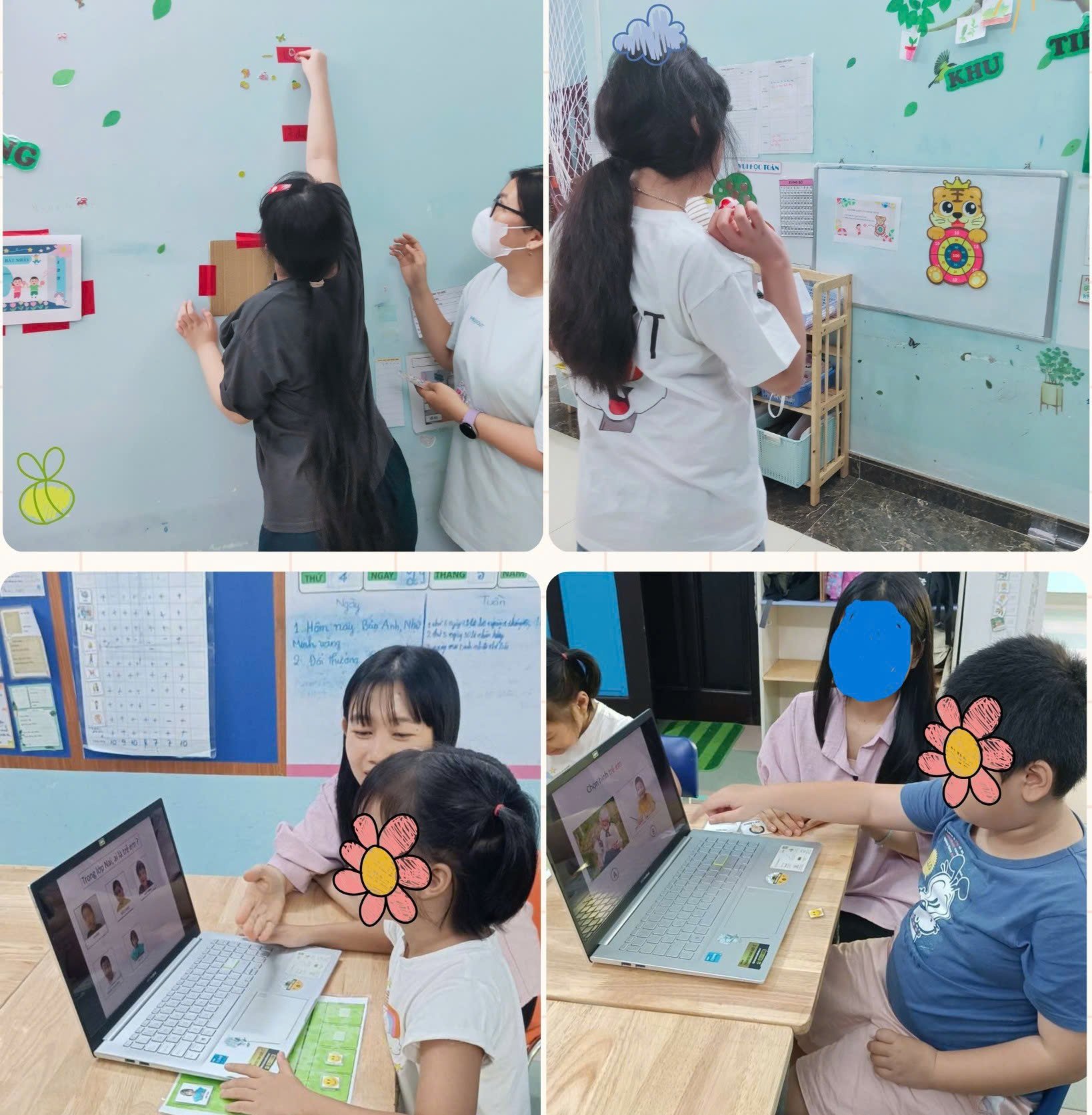
Students in 1-1 intervention hours and group study hours at the Nhan Van Center for Supporting the Development of Inclusive Education (HCMC)
PHOTO: PROVIDING CENTER
She also said that currently, competition for human resources in the special education sector is very fierce; many units pay very high salaries and special benefits to attract teachers. As for private centers, established with non-profit goals, the revenue is enough to cover expenses, so if they use salaries to attract teachers, they cannot compete with many other units.
In order to meet the regulations on teacher training standards in Circular 20 of the Ministry of Education and Training, recently, many staff of this center have registered to attend pedagogical training courses at colleges and universities. The center supports 100% of the first semester tuition for teachers who register to attend the course and does not require teachers to commit to working at the center after completing their studies.
The manager of another inclusive education development center in Ho Chi Minh City with about 100 autistic and slow-developing children said that the center recently terminated labor contracts at 2 facilities with more than 20 teachers and staff because they did not meet training standards. With few teachers, the center has not accepted students since the opening ceremony, despite the great demand from parents. To meet the standards set in Circular 20, about 20 staff at the center are currently studying for a junior college degree in preschool education, a university degree in elementary education, or a second degree in special education at Ho Chi Minh City University of Education.
RIGHT REGULATIONS BUT NEED FLEXIBLE
Mr. Hoang Ha, Director and co-founder of Hanamiki Educational Psychology Institute Joint Stock Company, believes that Circular 20 is an appropriate regulation to improve the quality of teachers in the field of special education. He shared: "Education in general, especially education for children with disabilities, does not allow for mistakes. If teachers lack expertise or professional ethics, the consequences can seriously affect the child's lifelong development." Therefore, teachers need to fully meet the standards of qualifications and professional certificates as prescribed. Those who are not qualified can take on the role of individual intervention staff and need to supplement their knowledge and skills if they want to become official teachers.
Ms. Le Thi Xinh, working at the Center for Supporting the Development of Inclusive Education in Nhan Van (HCMC), said that Circular 20 is reasonable; however, it should be extended for a while so that the Ministry of Education and Training, the Department of Education and Training, and universities can support teachers in psychology and social work to be trained to study for a second degree in special education. The centers also have time to prepare human resources, reducing the pressure on parents who cannot send their children because the schools do not have enough teachers according to regulations.
According to Ms. Xinh, the general situation at the Nhan Van Center as well as other facilities is that the rate of bachelors in psychology and social work applying for jobs is higher than that of special education. The Center also has staff with full degrees in psychology, certificates in special education, and inclusive education who are looking forward to having their schooling requirements amended so that they can study for a second degree in special education from Ho Chi Minh City University of Education.
Their current options are to go to preschool college, or to get a second degree in primary education, or secondary education from a certain school to meet the training standards. This raises two problems: the worry that regulations may change in the future; and taking such a roundabout way will waste social resources unnecessarily.
There are many teachers who have worked for many years at the center and have participated in many training courses. They should be given the opportunity to supplement their integration certificates, and if necessary, take short-term training courses (3-6 months) in their majors at the University of Education or the Department of Education and Training to both meet the qualifications to become specialized teachers and ensure that the center's teaching is not interrupted and parents can work with peace of mind without having to find a new school for their children.
Ms. Pham Thi Kim Tam, President of the Vietnam Autism Network, said that according to Circular 20, requiring employees in other sectors to study for a certificate in special education is reasonable. However, if employees and teachers have received specialized training in other specialties such as speech therapy, educational psychology, and rehabilitation from schools or other organizations, the education sector should recognize those degrees and certificates, and not require everyone to study for a special education certificate. Because this may be just a formality, and will not make those teachers and employees better.
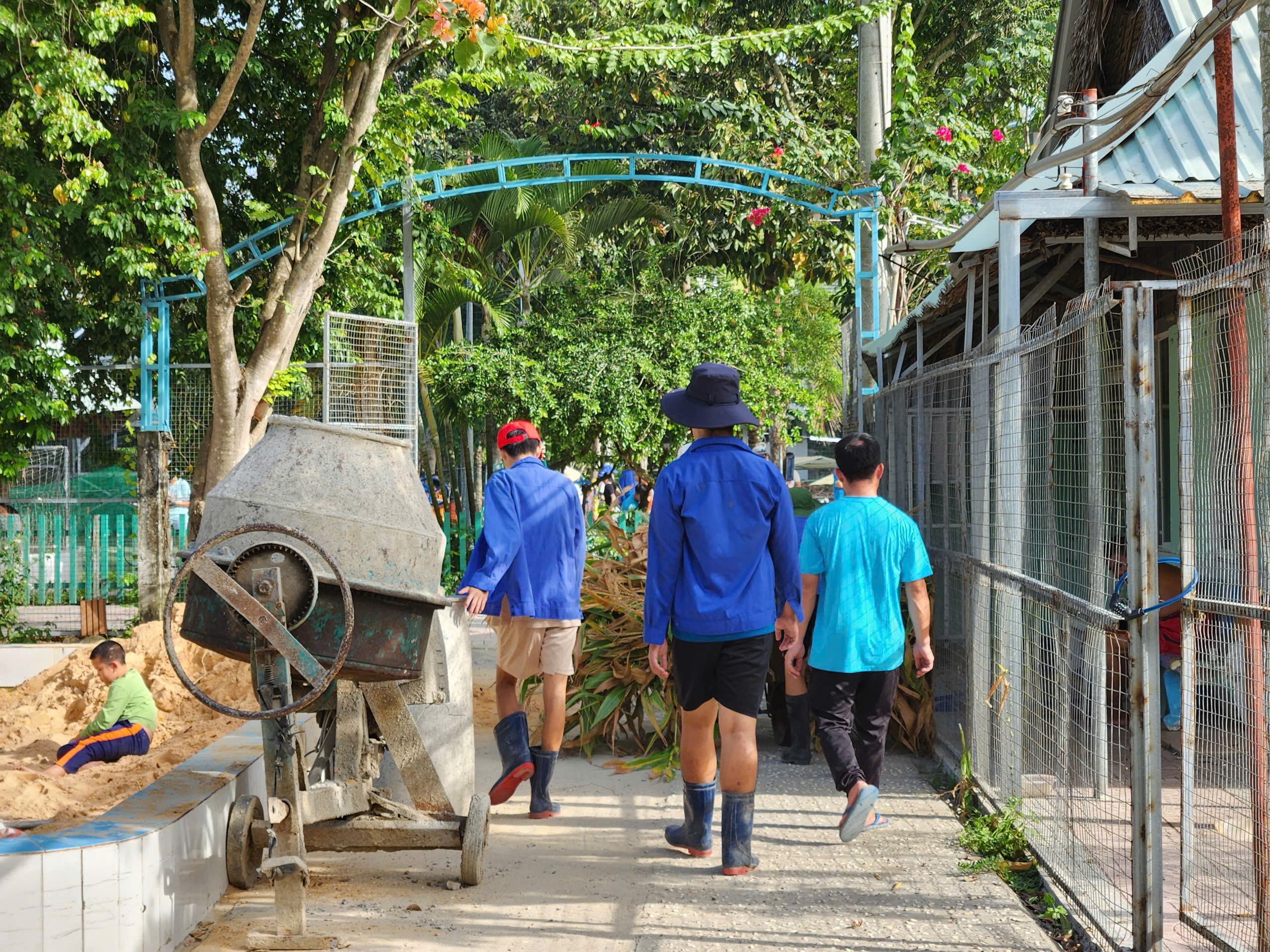
Autistic students at a center participate in educational and therapeutic activities through gardening
Expanding the University's training programs and increasing student support policies
Talking to Thanh Nien reporter, Dr. Huynh Tan Mam, the parent of two autistic children, said that in the context of a lack of resources for recruiting special education teachers, the state needs to expand schools that train in special education. At the same time, it is necessary to acknowledge that special education has a unique working environment, since students have to do hard internships, work in a stressful environment, and have more pressure than other pedagogical fields. Therefore, to encourage students to choose to study special education, there needs to be long-term strategies, for example, increasing the support and living expenses regime higher than other pedagogical fields...; students in this field also need to be supported in job placement and have good treatment when they graduate.
"I have long wished that we would have an "autism village", a place for autistic people to study, live and work, a place where autistic people are not abused, do not cause unnecessary accidents, a place where many experts come to care, research, exchange good experiences and organizations come to mobilize support. How can we have more people, the state and the people join in contributing to the care and education of children and autistic people. Because autistic people in particular, people with disabilities in general are very pitiful, the journey of parents following their children is also very difficult, heavy throughout their lives...", Dr. Huynh Tan Mam confided.
Government support policies are urgently needed for private entities.
At the conference summarizing the 2023-2024 school year and outlining the direction and tasks for the 2024-2025 school year with special education of the Ho Chi Minh City Department of Education and Training, in the report, the department proposed a number of contents to the Ministry of Education and Training. Among them, it stated: "The establishment of a private center to support the development of inclusive education brings many social and humanitarian meanings to help children have more opportunities to go to school. The centers really need support policies from the state for private units because of their voluntary social nature."
In the 2024-2025 school year, the Ho Chi Minh City Department of Education and Training set out the task of "implementing a reasonable planning of the network of specialized schools and classes and implementing equity in education".
Source: https://thanhnien.vn/thieu-giao-vien-day-tre-dac-biet-can-huong-thao-go-185241202184712392.htm





![[Photo] Overcoming all difficulties, speeding up construction progress of Hoa Binh Hydropower Plant Expansion Project](https://vstatic.vietnam.vn/vietnam/resource/IMAGE/2025/4/12/bff04b551e98484c84d74c8faa3526e0)

![[Photo] Closing of the 11th Conference of the 13th Central Committee of the Communist Party of Vietnam](https://vstatic.vietnam.vn/vietnam/resource/IMAGE/2025/4/12/114b57fe6e9b4814a5ddfacf6dfe5b7f)
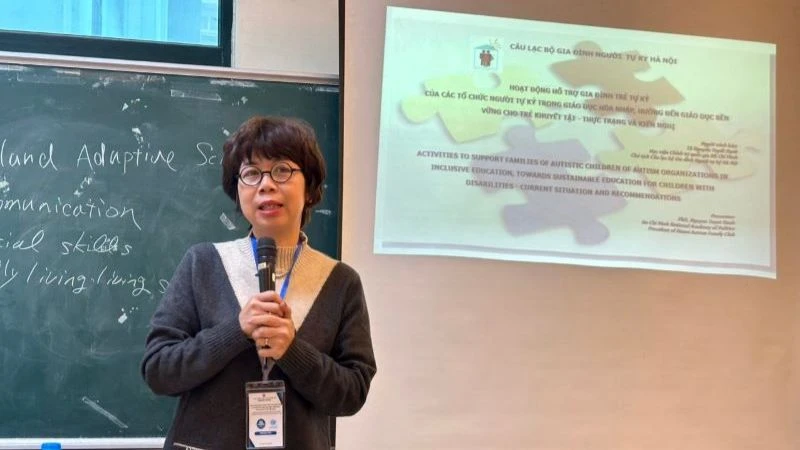

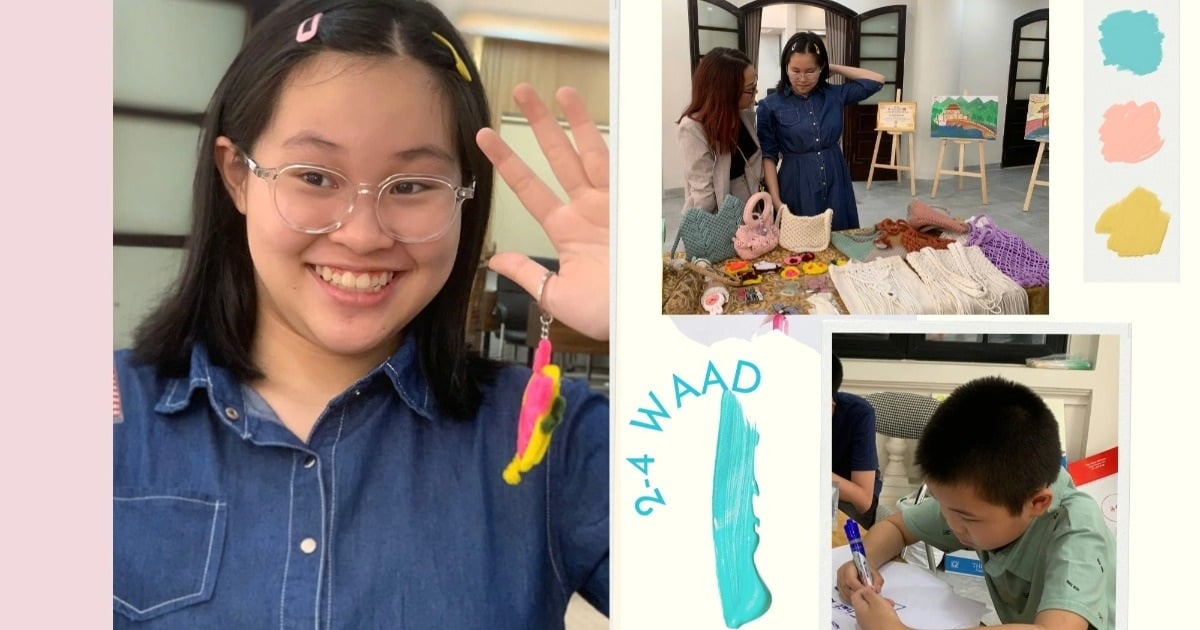

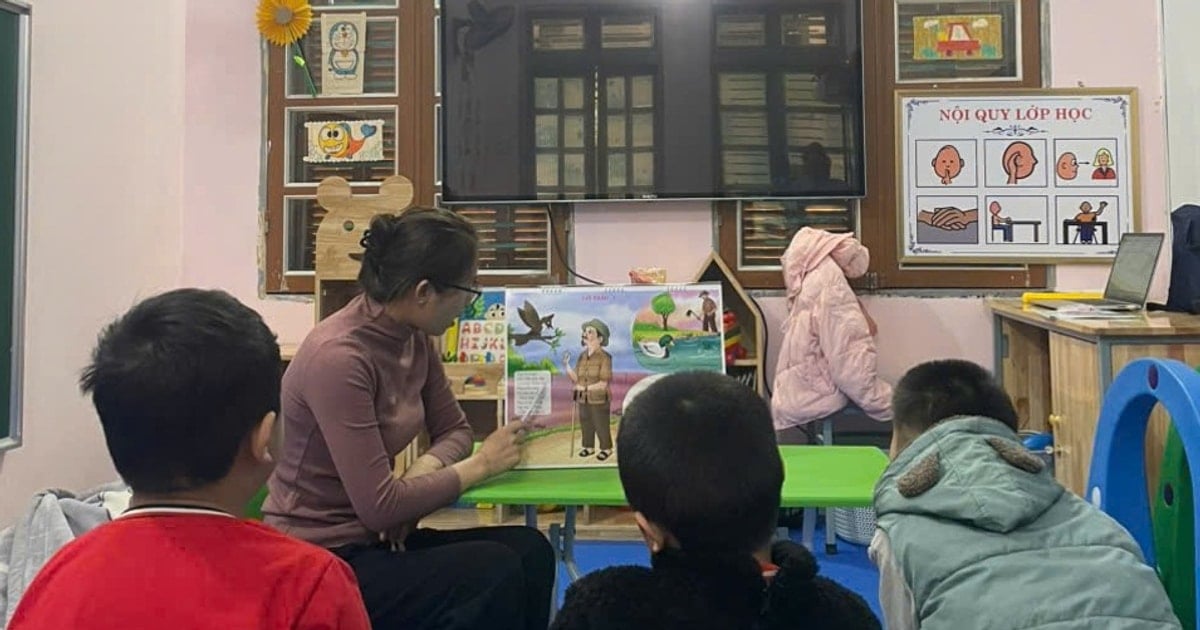

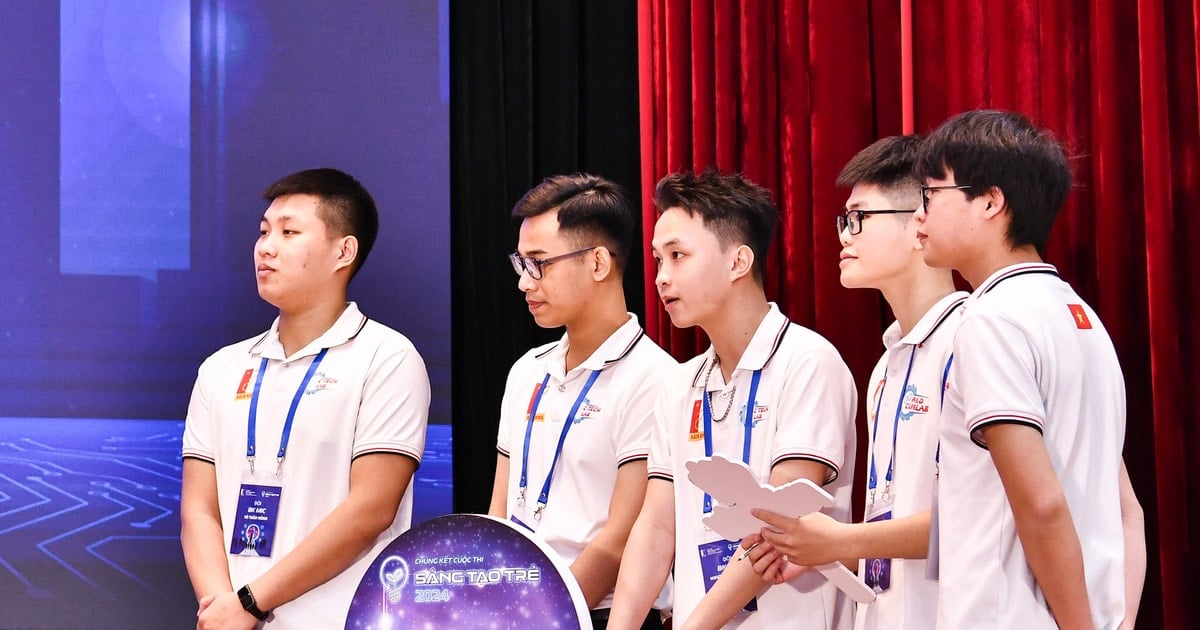


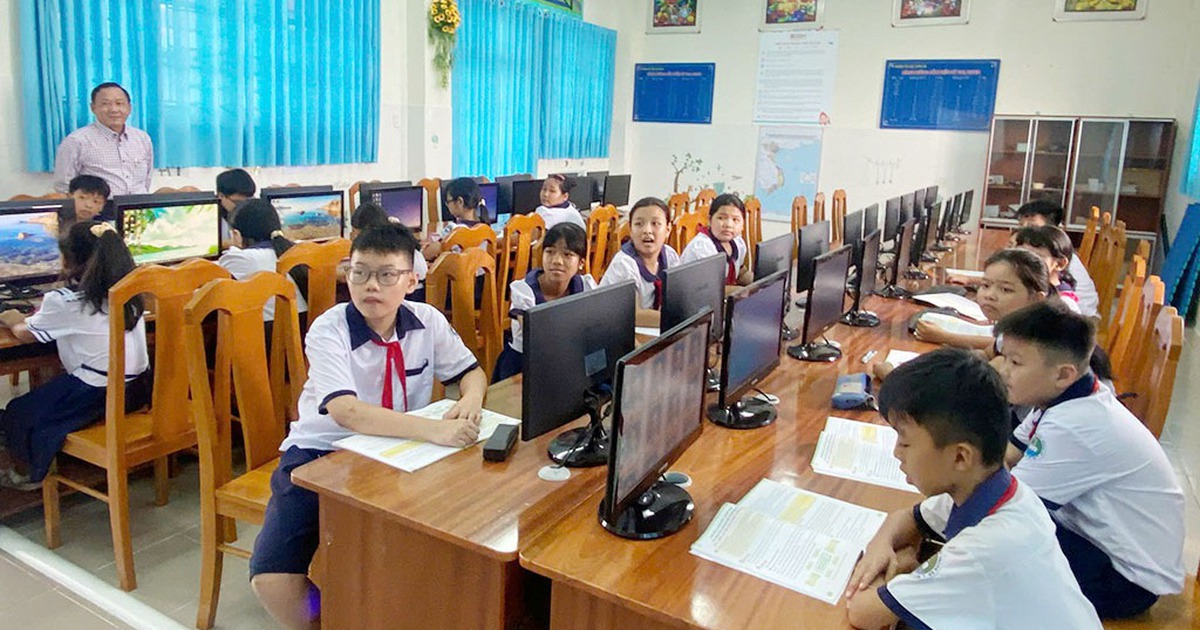
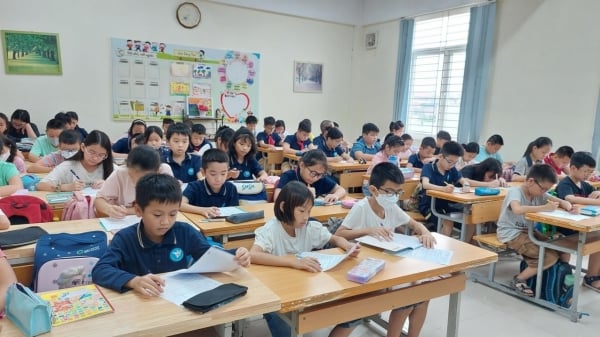

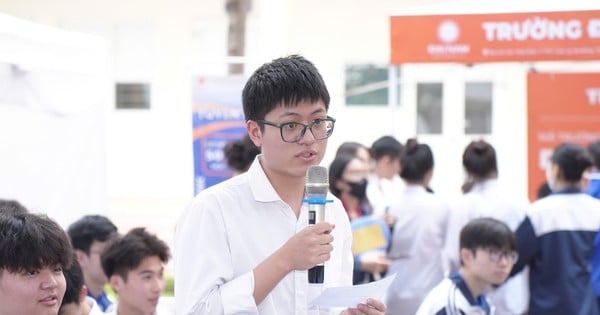


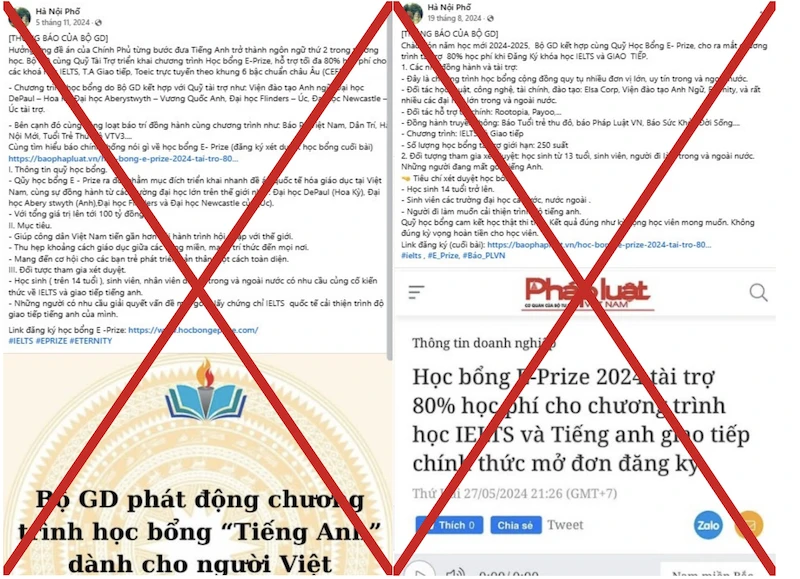







































































Comment (0)